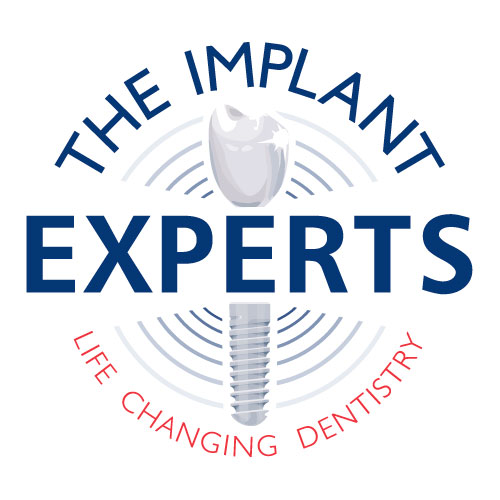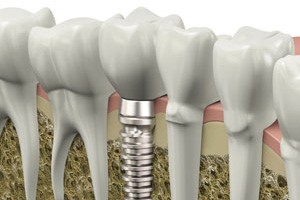If you are missing one or more teeth due to trauma, tooth decay or gum disease, then you may be a good candidate for dental implants – the majority of people are. Read through some of the points below to learn more.
1. You have a failing tooth which is still in place
If you have a tooth (or teeth) which is badly affected by decay or gum disease, or has broken beyond the point of repair, a dental implant may be the best choice. We recommend that you make this decision before the tooth is extracted as sometimes an implant can be placed straight in at the same time.
2. You are trying to save failing teeth
If you are facing extensive dentistry to try and ‘save’ your remaining teeth, implants are worth considering as an alternative. Opting for dental implants will reduce the amount of dentistry you may require in the long term and provide you with robust teeth which may be more aesthetically pleasing than your failing teeth.
3. Your root canal treatment failed
Root canal-treated teeth are susceptible to decay and fracture. Many patients who have failed root canal treatment opt for dental implants which are not susceptible to decay and almost never break. Implants are an excellent and prudent alternative to the root canal, post and core, crown lengthening, and crowning procedures.
4. You are in good health
For implant surgery, you should be in good health. If you have any underlying medical diseases you should discuss them with your oral surgery specialist to determine if you are a good candidate for dental implants.
5. Your remaining teeth are healthy
The teeth, which will not be extracted during the implant procedure, must be healthy and free from tooth decay or gum disease. Other conditions will need to be treated before surgery.
6. You have bone loss in the jaw
Although you do need to have sufficient bone to receive the implants, there are bone augmentation and different types of implants available for borderline patients.
Some patients who have previously been told that they don’t have enough bone can now have treatment with a special type of implant called a zygomatic implant.
7. You have sinus expansion
This occurs commonly when teeth are lost from the upper back jaw and the sinus cavity expands, dropping down into the space formerly occupied by the root of the lost tooth. In order to place an implant, the sinus floor can be adjusted by adding a bone substitute. This procedure is called a sinus floor bone augmentation or a sinus lift.
8. You have a fear of dental procedures
Dental implant surgery can be carried out under local anaesthetic as with normal dental work. In fact, most of our patients find dental implant pain to be less than during a dental extraction.
However, for patients who are particularly anxious, we can offer intravenous sedation to allow you to relax peacefully while we carry out your treatment.
9. You are concerned about post-operative pain
Although you may have mild post-surgical soreness for a few days after surgery, an over-the-counter pain reliever will alleviate the discomfort for most patients.
10. You are a smoker
Smoking can inhibit the proper healing of an implant but this does not prevent smokers from having implants successfully placed and restored. However, the implant can be more likely to fail in a smoking patient than a non-smoking patient. You should speak to your oral surgeon for more specific information relating to your dental needs and the effects of smoking.
If you believe you could be a good candidate for same-day dental implants and would like to discuss your options with The Implant Experts, call to arrange your free initial chat with our dental implant co-ordinator where you can discuss your situation, find out what the various treatment options entail and their prices.

